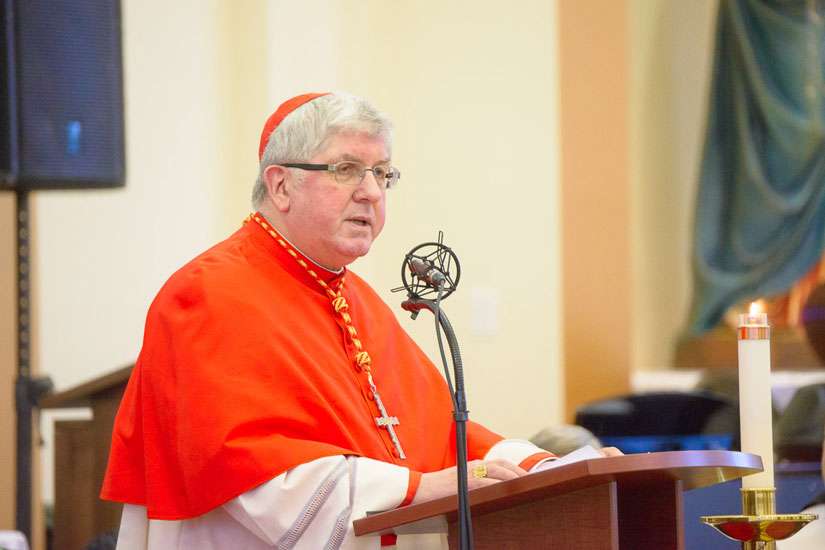The Al-Khsom family spent 27 months in Yozgat, Turkey, waiting for the chance to start life again after some anonymous militia chased them and the other Christians in their Baghdad neighbourhood out of Iraq.
It started with phone calls. “If you don’t pay $20,000 we will kill you and your father,” they said.
Even if they had the $20,000 that wouldn’t be the end. They headed north for Kurdish territory, then across the border into Turkey, where they became refugees.
Al-Khsom’s mother and three brothers are still in Ankawa, just outside Erbil in Kurdish-controlled northern Iraq. He would like to bring them to Canada, but they are unwilling to leave their homeland completely and uncertain of life in Canada. At the same time, Al-Khsom’s mother and brothers know there’s little chance they will ever safely return to Baghdad, where the family had lived since 1963.
For Al-Khsom, this year’s closing prayers for the Week of Prayer for Christian Unity were an opportunity to pray for his family and all the Christians in Iraq who have suffered or died for their faith. At the end of an hour of prayers, chants, songs and Scripture readings in English and Aramaic, the Al-Khsom family was one of more than a dozen recent refugee arrivals who were asked to stand to be acknowledged by one of the largest congregations in the history of the Week of Prayer for Christian Unity in Toronto.
We live in a time when ecumenism is driven by martyrdom, preached Cardinal Thomas Collins to a mostly Chaldean gathering at the Chaldean Cathedral of the Good Shepherd in northwest Toronto.
“Ecumenism of blood — that is what we are experiencing now in these days of persecution,” said Collins.
Though persecution of Christians is most visibly associated with the Middle East, Christians in Africa, India and many other places have been targeted and killed, said Collins. The cardinal singled out the 21 Egyptian Coptic migrants who were beheaded by Islamic State terrorists in Libya last February.
“(They died) proclaiming the name of Christ as they were martyred. This is the ecumenism of blood,” Collins said. “It is Christians who are by far the single most persecuted group in the world today… They are willing to die for Christ. Are we willing to live for Christ?”
Collins urged Canadian Christians to “unite in common action to insist that our government and any others that are willing to take a stand will do whatever it can to stop the persecution.”
The cardinal urged people to support the Catholic Near East Welfare Association and any other groups capable of delivering humanitarian aid and support to refugees in the Middle East.
“We must do all that we can to help the refugees. We must acknowledge that one result of this is that Christianity is being obliterated in the land of its birth,” he said. “We must take whatever steps we can to assure that Christianity is re-established in places where it has been so violently obliterated.”
Our efforts to help refugees should not be limited to protecting our own, he said.
“We need to help all who are victims of violence, whatever their faith,” he said. “We help others not because they are Christians, but because we are Christian.”


